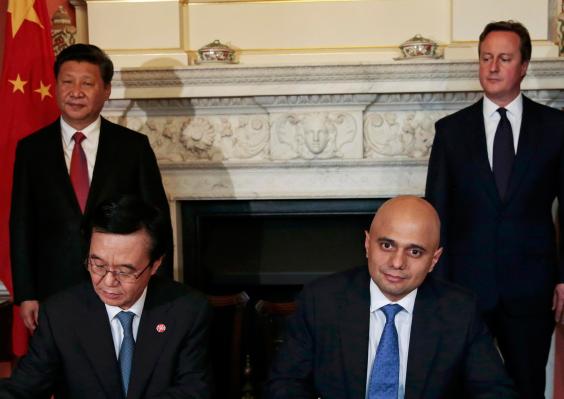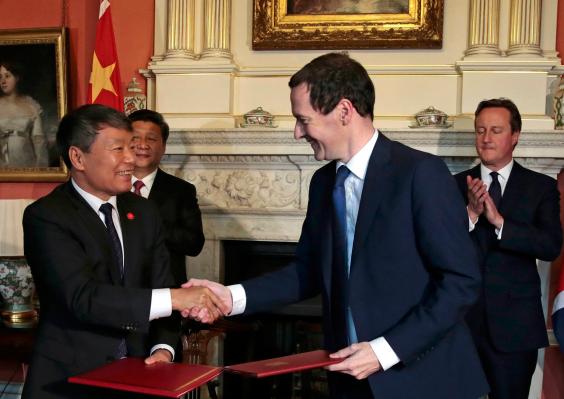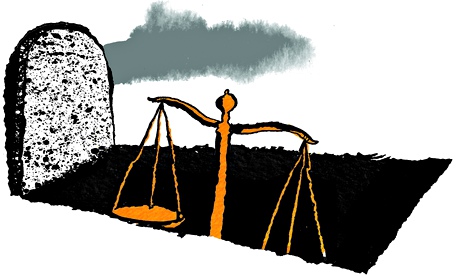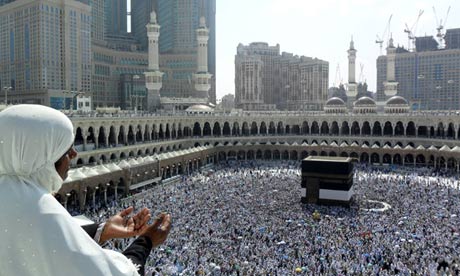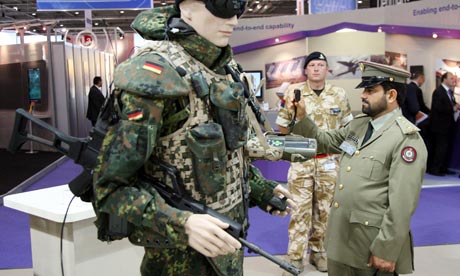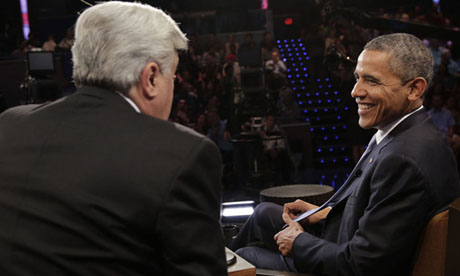The perception that coalition governments are prone to going slow on reforms and see slower economic growth is not borne out by the data, an analysis by ThePrint has shown.
In fact, gross domestic product (GDP) in aggregate and within key sectors of the economy averaged faster growth during the coalition government periods of 1990-2014 than in the stable, single-party-majority periods that preceded or followed this phase.
Further, analysis shows that this coalition phase also saw a number of reforms that spanned sectors and that had profound impacts on the economic progress of the country.

The issue of coalition versus single-party-led governments has again come to the fore since the Bharatiya Janata Party — which formed the majority in the Lok Sabha from 2014 to 2024 — failed to reach the majority mark in the 2024 Lok Sabha elections. With 240 seats, the BJP will need to rely on a coalition with its National Democratic Alliance (NDA) partners to form the government.
Following these results, a few ratings agencies issued comments about how a coalition government would result in delays in key reforms.
Christian de Guzman, Senior Vice-President at Moody’s Ratings, for example, said that the NDA’s “relatively slim margin of victory, as well as the BJP’s loss of its outright majority in parliament, may delay more far-reaching economic and fiscal reforms”.
Fitch, for its part, said that the return of Prime Minister Narendra Modi with a weakened majority “could pose challenges for the more ambitious elements of the government’s reform agenda”.
The analysis of the coalition period in India’s history, however, shows these fears may be unfounded.
Also read: Adani Group sees Rs 3.6 lakh cr wiped out from market cap on counting day as BJP faces poll setback
Stronger economic growth
India saw its first phase of political stability at the Centre — defined as a single party forming the majority — between 1952 and 1989, when the Congress itself formed the government for around 90 percent of this period.
This phase, however, saw India’s GDP growing at a compounded average rate of growth (CAGR) of just 4 percent — derisively called the ‘Hindu rate of growth’. The CAGR is the rate at which the economy would have to grow every year since 1952 to reach the level it was at in 1989.
The next phase, of coalition governments, spanned the period 1989 to 2014. This 25-year period saw as many as eight prime ministers (counting Atal Bihari Vajpayee twice for his two separate terms), and as many governments coming to power. Each was formed on the basis of a coalition.

This shaky phase at the Centre, however, saw GDP growth accelerate to 5.8 percent compounded annually. Further, a sectoral breakup also shows that this faster growth was spread across key sectors of the economy rather than being driven by just a few.
The agriculture sector and mining sectors, for example, grew an average of 2.7 percent during the first stable phase, and accelerated to 3 percent during the coalition phase. Similarly, the industrial sector — comprising manufacturing, construction, and utilities — saw growth speeding up from 5.3 percent to 6.4 percent over these two periods.
The key services sectors such as trade, hotels, transport, communication, financing, real estate, professional services, and public administration all saw growth quicken during the coalition period.
Growth slows again, dragged by pandemic
The next phase of stability came with the historic victory of the BJP in 2014, having secured a single-party majority with 282 seats in the Lok Sabha. It returned to power in 2019 with an even larger majority of 303 seats.
This decade, however, saw average growth slowing to 5.1 percent, although this was heavily influenced by the 5.8 percent contraction in GDP in the COVID-19 pandemic-impacted year of 2020-21. That said, the first period of stability also saw such an outlier year, when GDP contracted 5.2 percent in 1979-80.
Apart from agriculture, which continued to accelerate under the Modi government, all other sectors of the economy saw slower average growth in the 2014-24 period than in the preceding 25 years.
Coalitions have been reforms-focused too
The coalition government under Narasimha Rao during the period from 1991 to 1996 is remembered primarily for the scope of economic reforms implemented during its tenure.
These include the dismantling of the ‘licence raj’, the opening up of the economy to the private sector and global investment and competition, and providing banks the freedom to determine their own interest rates, among other wide-reaching reforms.
The H.D. Deve Gowda-led coalition in 1996-97 saw then Finance Minister P. Chidambaram present what is now called the ‘dream budget’ in which he slashed the marginal income tax rate for individuals, cut corporate tax rates, reduced peak customs duties, and introduced the Voluntary Disclosure of Income Scheme (VDIS) aimed at curbing black money.
Next came the first government of the NDA under PM Atal Bihari Vajpayee, spanning 1999 to 2004. This government saw the groundwork laid for the ambitious golden quadrilateral highway project, the introduction of the National Telecom Policy, which ended government monopoly over the sector, raised foreign direct investment limits in banking and insurance, and put in place the Fiscal Responsibility and Budget Management Act, the provisions of which are largely followed even today.
The Congress-led United Progressive Alliance (UPA), in power from 2004 to 2014, rolled out the Value Added Tax (VAT) — the precursor to the Goods and Services Tax (GST) — across the country. The price of petrol was deregulated in 2010, allowing it to be linked to the market price of oil.
Several rights-based reforms were also introduced during this period, including the Right to Information (RTI), the Right to Food, and the Right to Education.
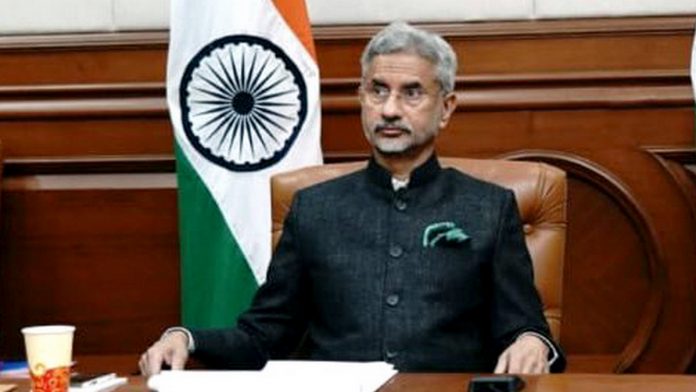
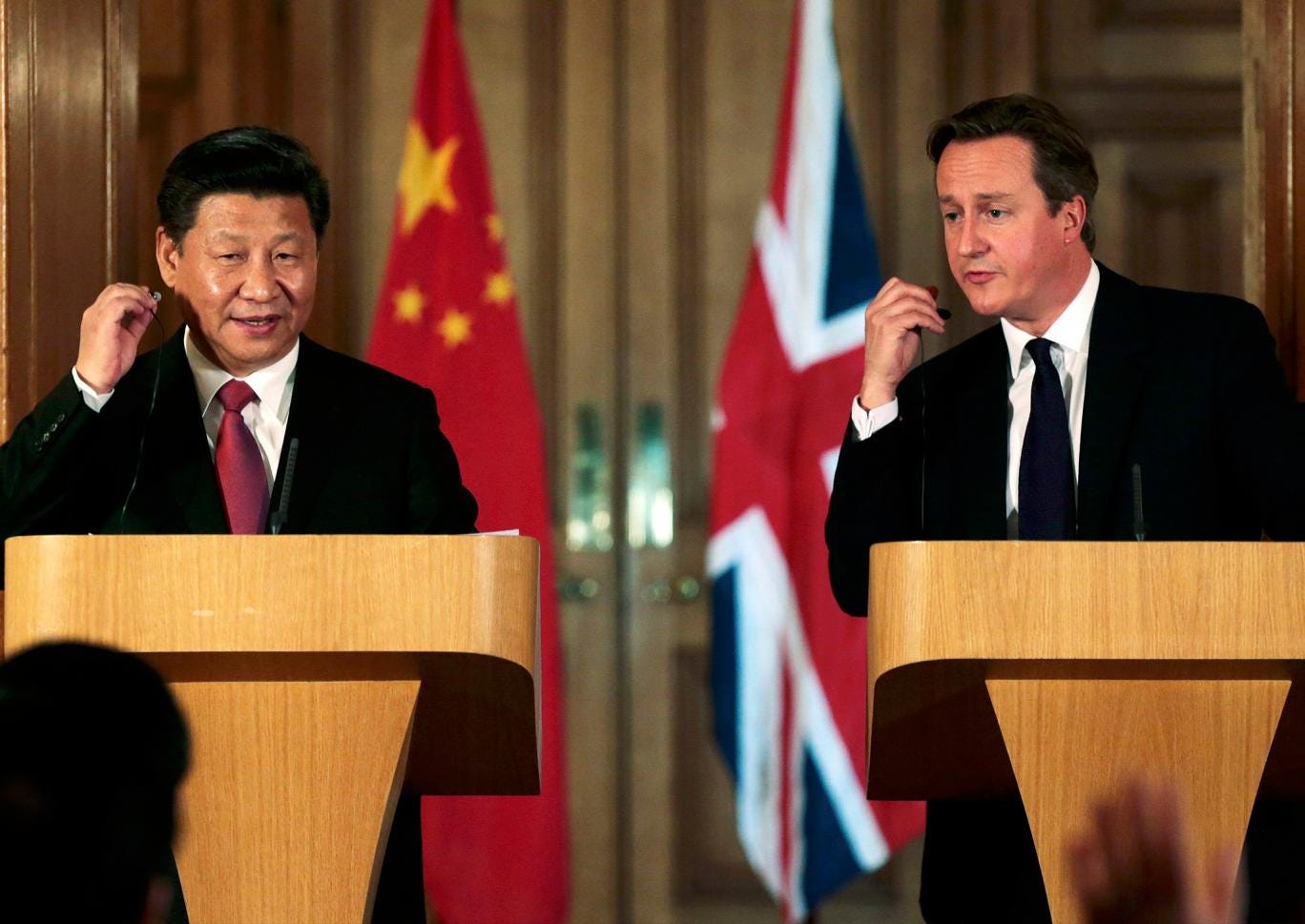 Xi Jinping and David Cameron attend a joint press conference in 10 Downing Street Suzanne Plunkett - WPA Pool/Getty Images
Xi Jinping and David Cameron attend a joint press conference in 10 Downing Street Suzanne Plunkett - WPA Pool/Getty Images